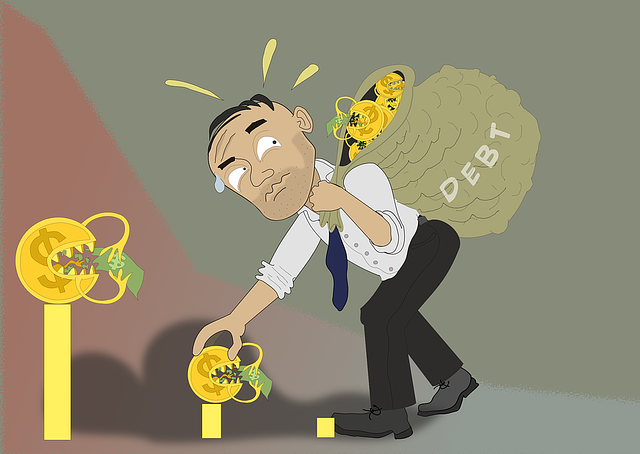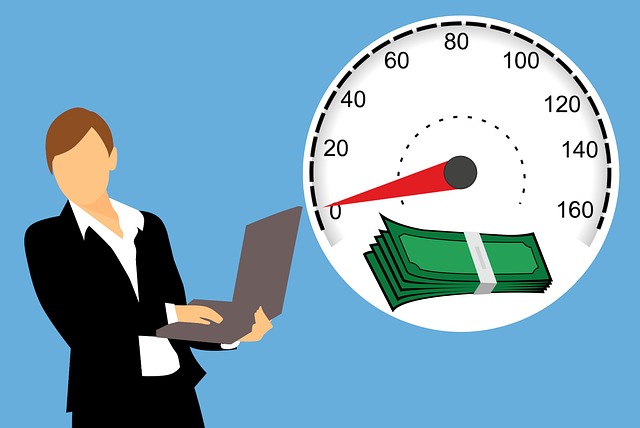
Making poor financial decisions can negatively impact your life in so many ways. When you have a low credit score, lenders may give you an undesirable interest rate, if they let you borrow at all, and employers may think twice before hiring you. Though it can be a hard road, rebuilding your credit following some of the steps below can ensure your future doesn’t have to suffer due to past mistakes.
Step 1: Check Your Credit Report
The first step to rebuilding your credit is to check your credit report. While knowing your credit score is important, seeing your trouble areas can help you adopt better financial habits in the future. Do you have an especially high debt utilization ratio? Do you make a lot of missed or late payments? Is there a more serious item, like bankruptcy, on your report? Be sure to also check for errors in case a mistake is dragging down your credit score. Each year, you’re entitled to a free report from each credit bureau so you can keep track of your credit.
Step 2: Get a Bad Credit Loan
Whether you want to pay off some bills, want to buy a car, or just need to buy everyday items, getting a loan with bad credit can be hard. Taking out a personal loan can help you pay off your debts and get you back on your feet. Applying for a personal loan from lenders like SkyCap Financial or Fresh Start Finance can provide a potential fresh financial start.
Step 3: Pay Down Your Debt
Credit utilization, or the percentage of your total available credit that you use, can count against you in your credit score if it’s too high. To avoid this, create a plan for paying down your debt as fast as realistically possible. Take a look at your budget and find places where you can cut back. Then use those savings to pay off debts to boost your credit rating fast.
Step 4: Start Paying Bills on Time
If you have gotten into the bad habit of making late payments (or missing them altogether), now is the time to quit. Going forward, make it your goal to always pay every bill on time, even if this means paying the minimum on your credit card. Your payment history and, subsequently, your credit score, will improve. Set alarms on your phone or jot reminders on a calendar so you never forget due dates.
Step 5: Educate Yourself
Rebuilding your credit can be a long, tough process. If you don’t educate yourself about financial wellness, you might end up back there again. That’s why learning how to budget, manage debt, use credit wisely, and save properly are all key parts of overcoming bad





